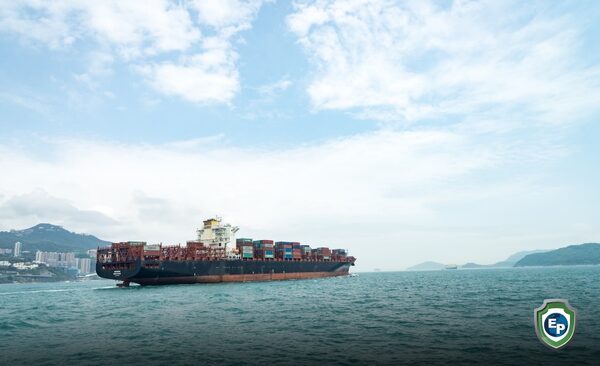What Entrepreneurs Can Expect from the Trade War with China
President Trump has brought attention to the unfair trade balance between China and the US once again. The Chinese government has violated international trade agreements, international trade laws, and other legal regulations, causing a $500 billion US budget deficit in 2017. At the same time, this deficit also meant a loss of US jobs while China has continued to advance its technological developments. Thus, Trump has claimed he would bring the jobs and production activities back to the US. So what does this mean for companies and other players in the trading world?

With each crisis comes new opportunities. Because the level of uncertainty is high, and the pandemic has only made it worse, doing business right now is highly risky. This means the natural elimination of some companies will occur, and only the strongest ones will survive. Thus, there are certain precautions small and medium-sized enterprises (SMEs) must take. Organizing a business at a global level, or even using imported products through the global supply chain, might carry relatively higher risks during the trade war. These enterprises need to minimize their costs and find some alternative input providers at their local markets inside their national boundaries to avoid the risk of using imported inputs in their productions. Similarly, exporting products might increase the risk level because the trade war can lead to undesired waves in exchange rates and other macroeconomic indicators. Therefore, getting involved in international trade as an importer or an exporter is relatively riskier for SMEs, but developing ways to deal with these risks might provide essential opportunities.
The competition between suppliers may decrease while the price for goods increases during this time as well. Thus, companies who can produce these products under the high market price could get a large market share when the competition is low. To achieve organizational elasticity, SMEs need to work on their local business connections and find alternatives to imported inputs. Although being an exporter in international trade may be riskier for SMEs, if they can arrange a safe way of exporting, they can still reach high profit levels by using the advantages of exporting at a relatively higher price level.
Minimizing production costs, improving business connections, finding alternative local input providers, and creating safe ways to export are necessary to survive the trade war. SMEs should also learn how to work with short-term agreements and must manage their cash flows carefully to succeed.

Stay Tuned with Export Portal
For more articles like this one, make sure to check out the rest of our Blog Page today!


